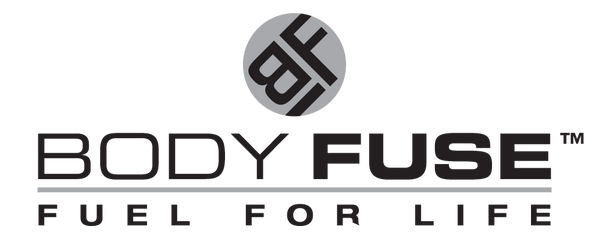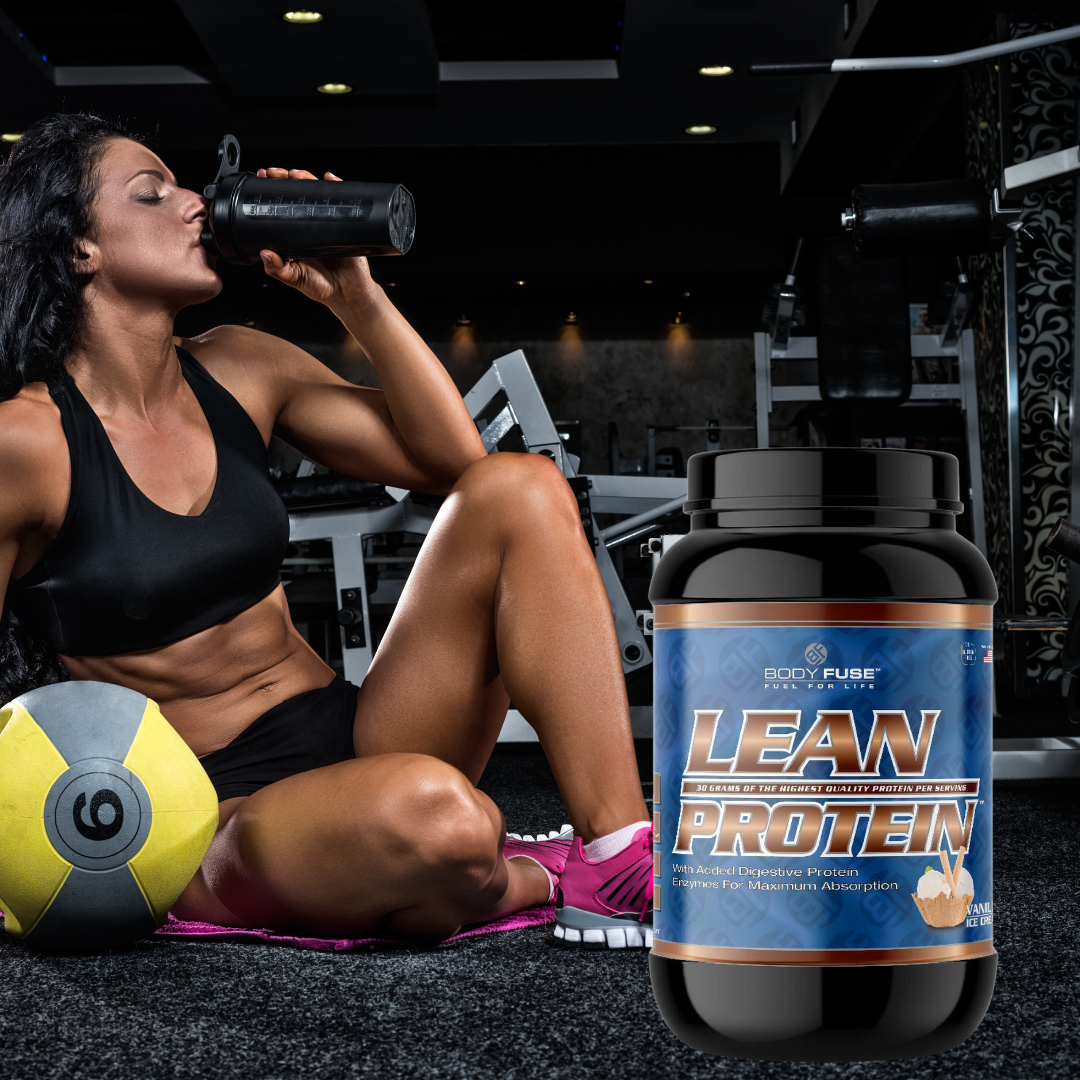How much protein do you need?
Anywhere from 10% to 35% of your calories should come from protein. So if your needs are 2,000 calories, that’s 200–700 calories from protein, or 50–175 grams. The recommended dietary allowance to prevent deficiency for an average sedentary adult is 0.8 grams per kilogram of body weight. For example, a person who weighs 165 pounds, or 75 kilograms, should consume 60 grams of protein per day.
Once you reach ages 40–50, sarcopenia, or losing muscle mass as you age, begins to set in. To prevent this and to maintain independence and quality of life, your protein needs increase to about 1–1.2 grams per kilogram or 75–90 grams per day for a 75-kilogram person.
People who exercise regularly also have higher needs, about 1.1–1.5 grams per kilogram. People who regularly lift weights, or are training for a running or cycling event need 1.2–1.7 grams per kilogram. Excessive protein intake would be more than 2 grams per kilogram of body weight each day.
If you are overweight, your weight is adjusted before calculating your protein needs to avoid overestimating. You can see a dietitian to help develop a personalized plan.
Where does protein come from?
The healthiest protein options are plant sources (such as soy, nuts, seeds, beans and lentils), lean meats (such as skinless, white-meat chicken or turkey), a variety of fish or seafood; egg whites; or low-fat dairy (such as whey).
Body Fuse Lean Protein™ is packed with 30 grams of high-quality protein per scoop yielding over 5,000mg of BCAA's. Lean Protein™ is a low-fat, low-carb protein supplement that serves up amazing taste while using the ultra-premium ingredients; Ultra-Filtered Whey Protein Concentrate, Cross-Flow Micro Filtered Whey Protein Isolate, Whey Hydrolysate, Micellar Casein, Egg Albumin, and Digestive Enzymes. Our combination of fast and slow-digesting proteins plus Digestive Enzymes guarantees an instantaneous yet steady release of the building blocks necessary and has been shown to build and maintain lean muscle tissue without the stomach discomfort, gas, or bloating sometimes associated with inferior protein supplements.
When is the best time to consume protein?
It depends on your fitness and wellness goals. But in general, sread out protein consumption evenly throughout the day. On average, people tend to get most of their protein during evening meals and the least at breakfast. Some newer studies show moving some protein from supper to breakfast can help with weight management by decreasing hunger and cravings throughout the day. Of course, more research is needed before these claims can be verified.
General recommendations are to consume 15–30 grams of protein at each meal. Studies show higher intakes, those more than 40 grams, in one sitting are no more beneficial than the recommended 15–30 grams at one time.
Protein is important for building muscle. In order to build muscle and strength, you need to consume more protein than your body breaks down naturally during resistance training or weight lifting. The best time to consume protein for optimal muscle growth is a controversial topic. Fitness enthusiasts often recommend taking a protein supplement 15–60 minutes after exercise. This time frame is known as the “anabolic window” and said to be the perfect time for getting the most out of nutrients like protein. However, recent research has shown that this window is much larger than previously thought.
What if you do want to use a protein supplement?
If you want to use a protein supplement, here's what to look for:
- About 200 or fewer calories
- 2 grams or less of saturated fat
- No trans-fat or partially hydrogenated oils
- 5 grams of sugar or fewer
The Body Fuse Lean Protein "quick absorb" protein blend consisting of Whey Hydrolysate, Cross-Flow Micro Filtered Whey Protein Isolate, and Ultra-Filtered Whey Protein Concentrate floods the bloodstream with proteins rich in naturally occurring BCAA’s resulting in faster muscle recovery, and an increase in protein synthesis.
What does 15–30 grams of protein in whole foods looks like?
Eating a banana, Greek yogurt and a hard-boiled egg will get you 19 grams of protein on average. A 3-ounce chicken breast with a half-cup rice and a half-cup of vegetables amounts to 25 grams protein. An egg and bean burrito with a glass of milk is about 28 grams of protein.
As you can see, it's easy to get the recommended 15–30 grams per meal. Most people, even athletes, can reach their protein needs by including a serving of dairy at each meal and a piece of meat the size of a deck of cards at lunch and supper.
Protein should accompany fruits, vegetables and whole grains. Protein should not be the entire meal. If you feel like you might have increased protein needs, consider adding more beans, lentils, soy or seafood rather than processed supplements.
1. Excerpts from Wempen, Kristy "Are you Getting Enough Protein" www.MayoClinichealthsystem.com



